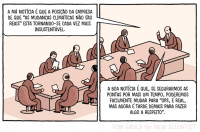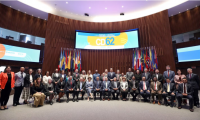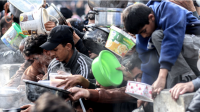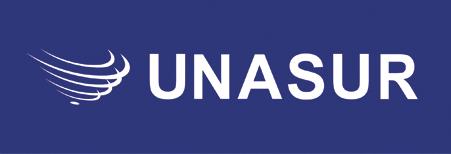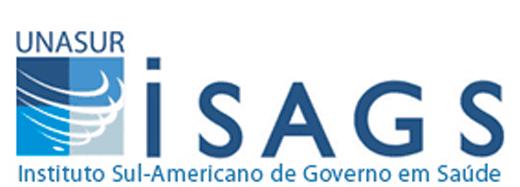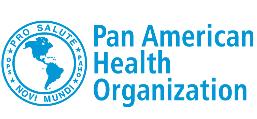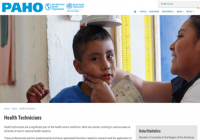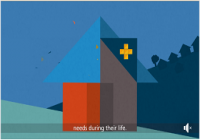RETS-UNASUR
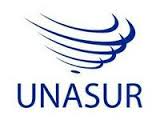 The Network of Health Technical Schools of the Union of South American Nations (RETS-UNASUR) was established in Rio de Janeiro, Brazil, in December 2009 during the 2nd General Meeting of RETS. Its origin, however, is intrinsically related to the history of the South American Health Council (also called Health-UNASUR) and the South American Health Agenda established in December 2008.
The Network of Health Technical Schools of the Union of South American Nations (RETS-UNASUR) was established in Rio de Janeiro, Brazil, in December 2009 during the 2nd General Meeting of RETS. Its origin, however, is intrinsically related to the history of the South American Health Council (also called Health-UNASUR) and the South American Health Agenda established in December 2008.
In April 2009, Technical Groups (TGs) were created during the 1st Ordinary Meeting of the South American Health Council, held in Santiago, Chile, to be responsible for the viability of the five major objectives of the Agenda: (1) establishing the South American epidemiological
shield; (2) developing universal and equitable health systems; (3) providing universal access to medicines and other health supplies; (4) promoting health and jointly tackling its social determinants; and (5) strengthening the training and management of human resources for health.
The creation of networks of institutions structuring national health systems was considered one of the priorities within the WG for the Development and Management of Human Resources for Health and is expressed in Resolution Nº 07/09 of the 3rd Extraordinary Meeting of the Council held in November 2009 in Guayaquil, Ecuador.
A month later, during the 2nd Meeting of the RETS, representatives from the Ministries of Health and health technicians training institutions from Argentina, Bolivia, Brazil, Colombia, Ecuador, Paraguay, Peru, Suriname and Uruguay, as well as the area of Human Resources of some national PAHO/WHO offices, signed the charter of the Network of Health Technical Schools of UNASUR (RETS-UNASUR).
At the time, during the first meeting of the new Network, the Work Plan for the period 2010 to 2013 was approved and the Joaquim Venâncio Polytechnic Health School (EPSJV/FIOCRUZ) was chosen as the manager institution and the host of the Network’s Executive Secretariat for that same period. The creation of RETS-UNASUR was formalized at the 2nd Ordinary Meeting of UNASUR-HEALTH, held in Cuenca, Ecuador, on April 29th and 30th, 2010.
Designed as a sub-network of the RETS, RETS-UNASUR is composed of government agencies responsible for the formulation of health technicians training policies and education institutions conducting training programs for the training of health technical workers indicated by the Ministries of Health of the Member States of UNASUR. Their general purpose is “to strengthen the field of health technicians training in countries members of UNASUR through the exchange of experiences and development of technical cooperation, in order to increase and improve teaching, research and technological development activities, leading to the improvement of national health systems and their adaptation to the needs of
their populations and regional integration”.
The 2nd Regular Meeting of RETS-UNASUR was held in Recife, Brazil, on November 8, 2013. At the time, network members discussed and approved the Regulation of the network and the Work Plan Plan of Work for the biennium 2014-2105.
UNASUR-HEALTH: A strategic Council
Expressed initially in the Cuzco Declaration signed in December 2004, during the Third Meeting of South American Presidents, the idea of creating the Union of South American Nations (UNASUR) was only implemented in May 2008, in Brasilia, Brazil during a meeting of Heads of State and Government. According to its constituent treaty, UNASUR’s objective is to “build in a participatory and consensual manner a cultural, social, economic and political space of integration and union among their peoples, prioritizing political dialogue, social policies, education, energy, infrastructure, financing and environment, among others, with a view to eliminating socioeconomic inequality, achieving social inclusion and citizen participation, strengthening democracy and reducing asymmetries within the framework of strengthening the sovereignty and independence of States”.
Besides economic integration, the UNASUR project, which gathers 12 independent nations of South America – Argentina, Bolivia, Brazil, Chile, Colombia, Ecuador, Guyana, Paraguay, Peru, Suriname, Uruguay and Venezuela – provides for the adoption of joint measures for different sectors, among which are defense and health. Accordingly, in December 2008, the South American Defense Council and the South American Health Council were created and composed by the 12 ministers from each field. At the same time, members of the Heads of State and Government Council set the South American Health Agenda, to be detailed at the first meeting of Health Council and implemented over the next three years.
On April 19, 2018, Brazil, Argentina, Paraguay, Colombia, Chile and Peru announced the indefinite suspension of their participation in Unasur. The decision was made in Lima at a meeting on the sidelines of the Summit of the Americas. On August 10 of the same year, Colombia formalized its permanent departure from the agency, to be effective in six months.
Projects and cooperation activities
- The "Mercosul Project"
- "Plan de Mejora" (Argentina)
Reference Documents
- UNASUR-HEALTH Resolution 07/2009 (in Spanish)
- Minutes of establishing (11/12/2009) - 1ª Regular Meeting
- UNASUR-HEALTH Resolution 07/2010 (in Spanish)
- Current Regulations (2013)
- Work Plan 2014-2015
- Work Plan 2009-2013
- Plan 2010-2015 (in Spanish)

